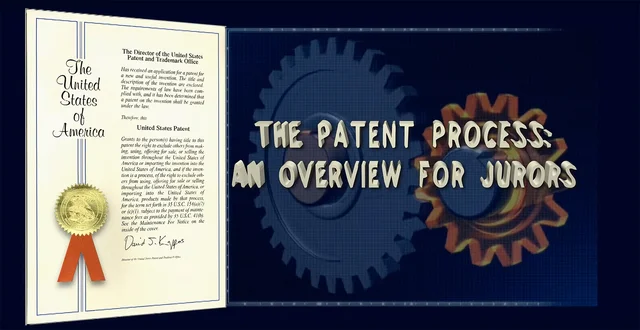
Since the Court suspended its mediation program, parties have noticed that the District of Delaware lacks an established pool of local mediators who are available to mediate patent cases.
As I mentioned a while back, I wanted to put together a list to help match attorneys and clients with mediators who have District of Delaware patent-case experience. I've now heard from multiple D. Del. mediators and attorneys about who people are using, and I put together this list.
Spoiler alert: It's a short list. My primary criteria were: local or nearby, active, and experienced in patent cases or patent case mediations. Even so, there are just not a ton of names, and people largely …







